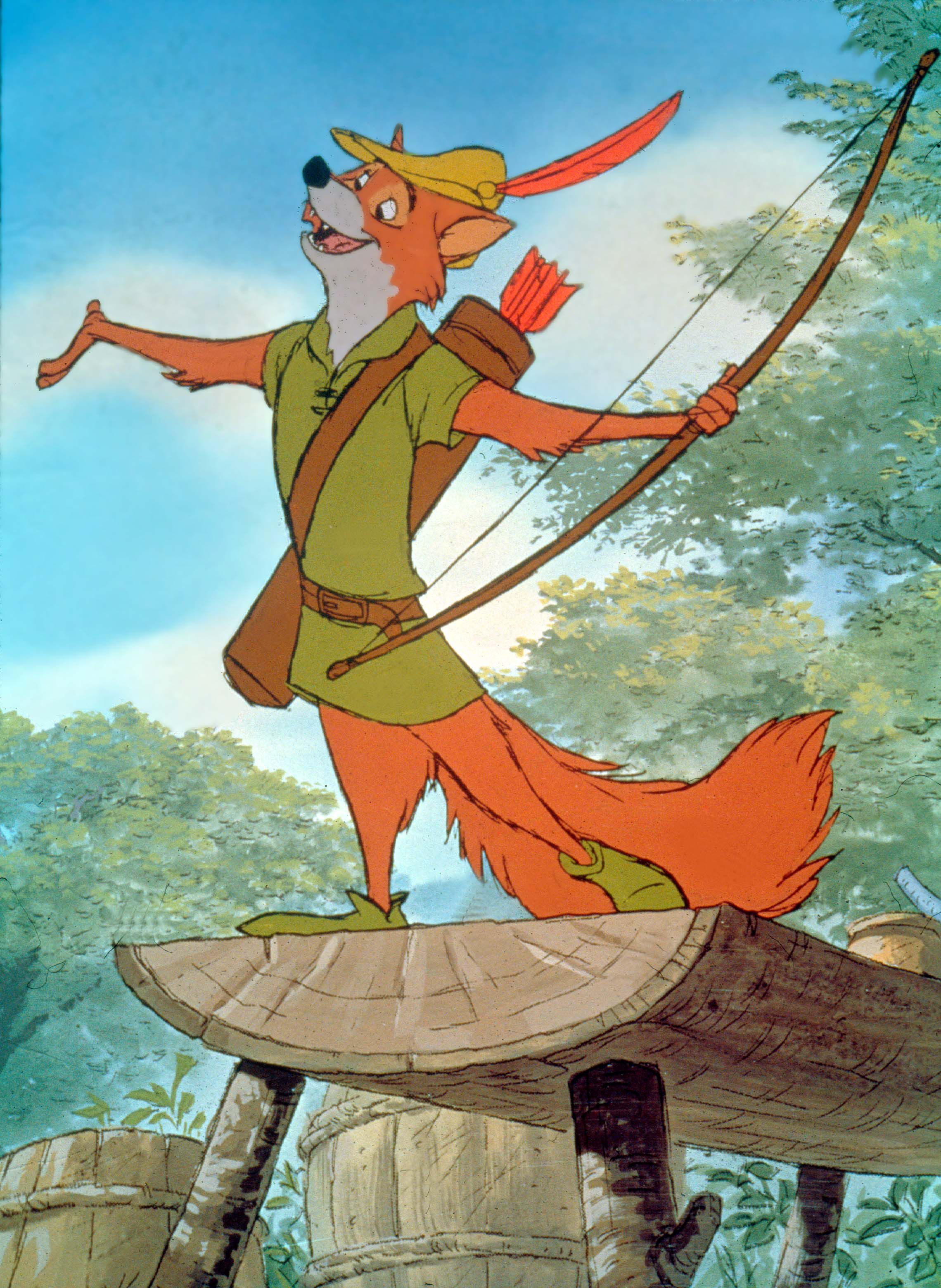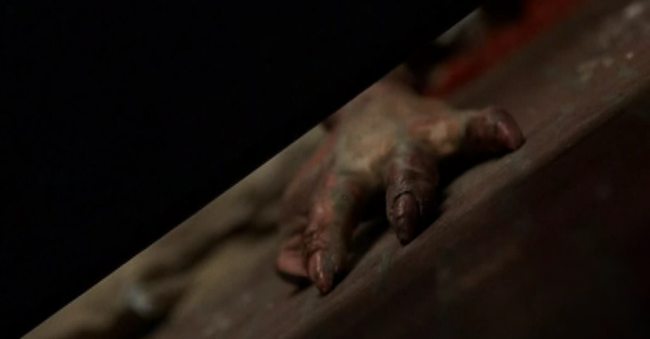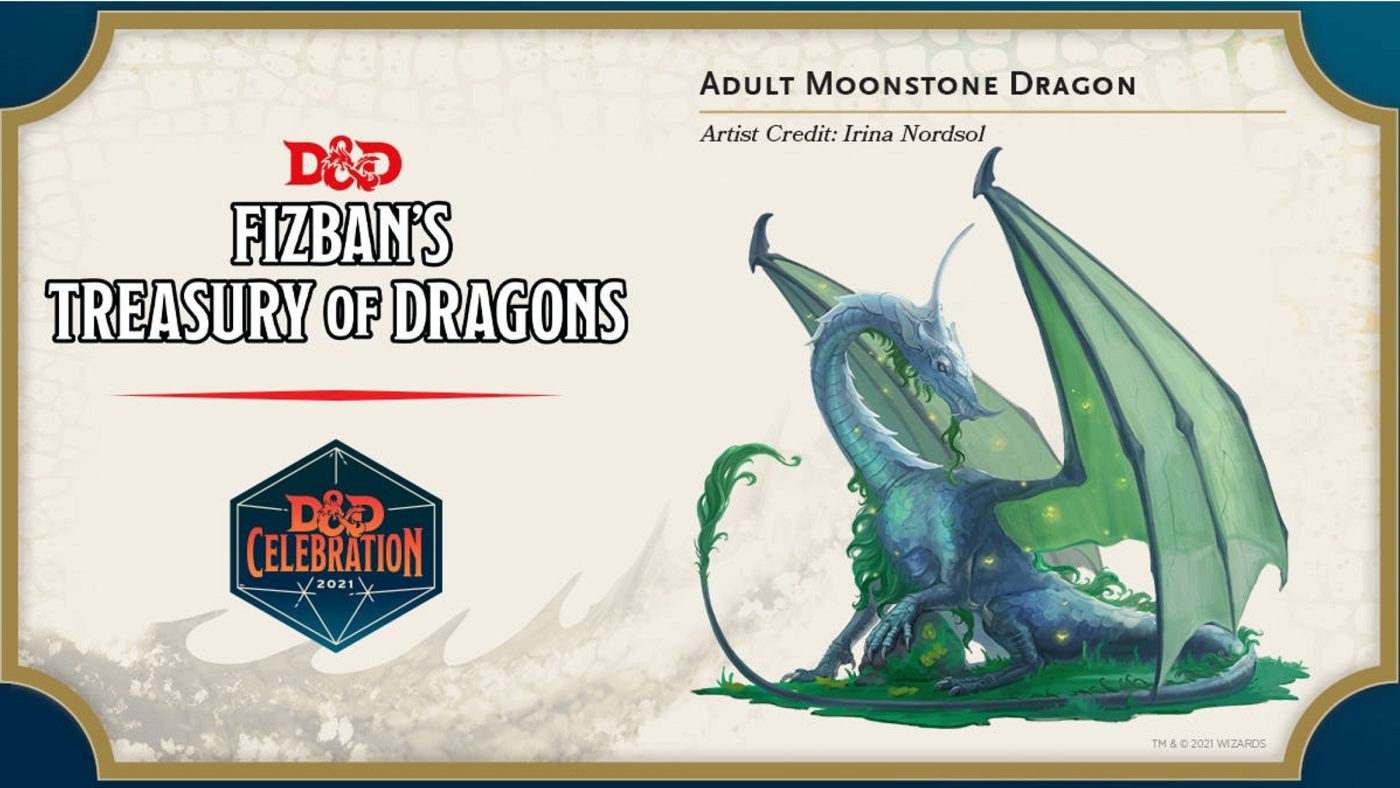Bless me Gygax for I have sinned. I kinda dislike dying at 0. Or dying at -10. And death saving throws. Good lord death savings throws are the worst.
These options are missing 2 key elements:
1) Drama:
In a game style (DCC) where characters are supposed to go through a funnel-death at 0 is a perfect mechanic to match the fiction. In other tones, even the pithy ratcatcher style games, I don't think death at 0 adds drama or tension. There is some - as a player hits 1-3 hp and everyone knows that the next hit is the last. But that tension is fleeting and immediately "resolved" once death occurs. Also most characters in those style games only have 5-10hp to begin with - which means they are always on deaths door.
But the main drama it fails to capture is a well loved trope - "fly you fools.gif".
The heroic sacrifice. Death at 0 does not really allow a player to turn to their friends and make a Gandalf style proclamation. Whether that often is "allowed" to play out at tables is another conversation (see Matt Colville's video on Surrender) - but it is a fantasy that should be engageable with. Players don't like running away - but they hate leaving someone behind even more. Plus that requires consensus which is even more unlikely in that situation. But if someone is going to die - no way to prevent it - then they are able to do a heroic sacrifice without other players attempting to aid their character.
2) Player Engagement:
This is more of a knock against death saves (ala 5e) - which is the player is in a state of "not playing." I think being knocked out is valuable, and should increase tension - but if turn lengths are anything longer than a few minutes - than tension begins to dwindle.
This is very much not to say that turn skip mechanics should not exist - they should - but they should create proportionally more tension or drama. I'd also argue that player engagement gets in a weird space when a character dies early in a session. Even if character gen is simple, engagement can drop unless there is an obvious party recruitment method planned or baked into the current adventure. That can also place stress on the DM (getting the player back in the action).
Solution:
Lol. If I had the perfect solution to death, I'd be writing a game system built around it. I've tried a lot of solutions and so far none have captured what I'm looking for. I think something would require a lingering injury table, but then not taking them out of the fight. I also like the idea that once a character dies - they continue through the fight. But survival is not an option once combat ceases. Similarly, something to where the player hitting 0 receives a mortal wound and will not leave the dungeon alive allows some fun exploration of those tropes. I'm not sure how to graft that onto a ttrpg mechanic though.
Maybe a system as seen in the board game Eldritch Horror where no character "dies." But once at 0 hp or sanity they retire because their injuries are just too great to attempt to fight the horrors of the world. I like where Knave 2.0 is going - where any spill over from your hp is taken as injuries which begin to fill up inventory slots. At 0 inventory slots - death occurs. In abstract this really isn't very different - but it does feel different.
If anyone has any suggestions especially ones that have an attempted solution to enable heroic sacrifices please share!
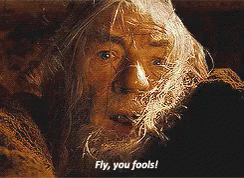
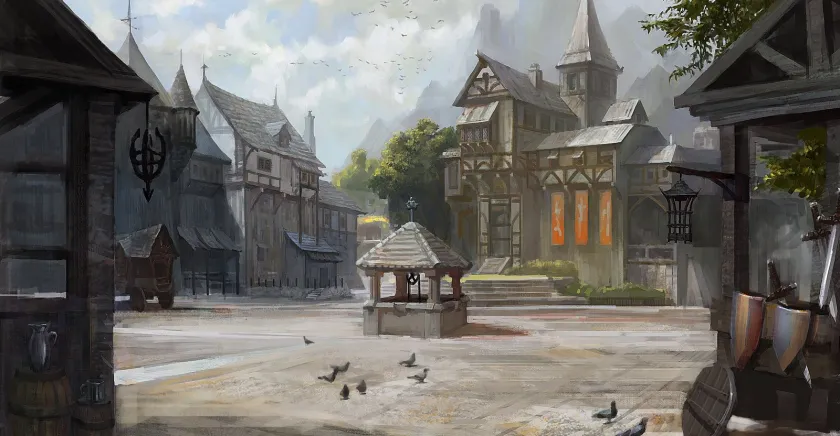

.jpg/1200px-Ligozzi_(Una_quimera).jpg)
